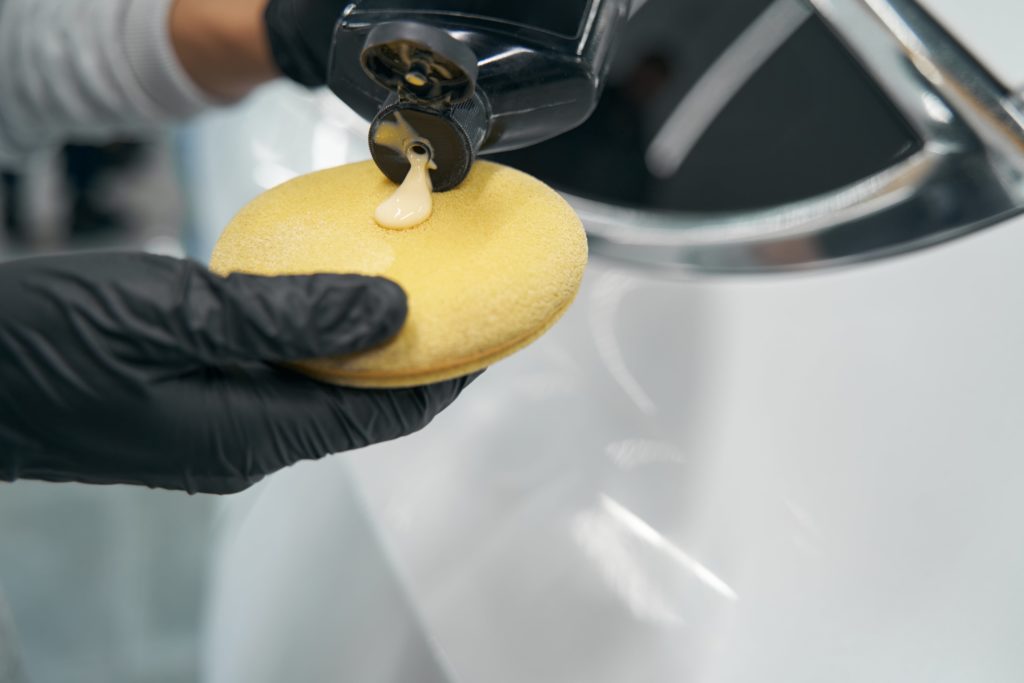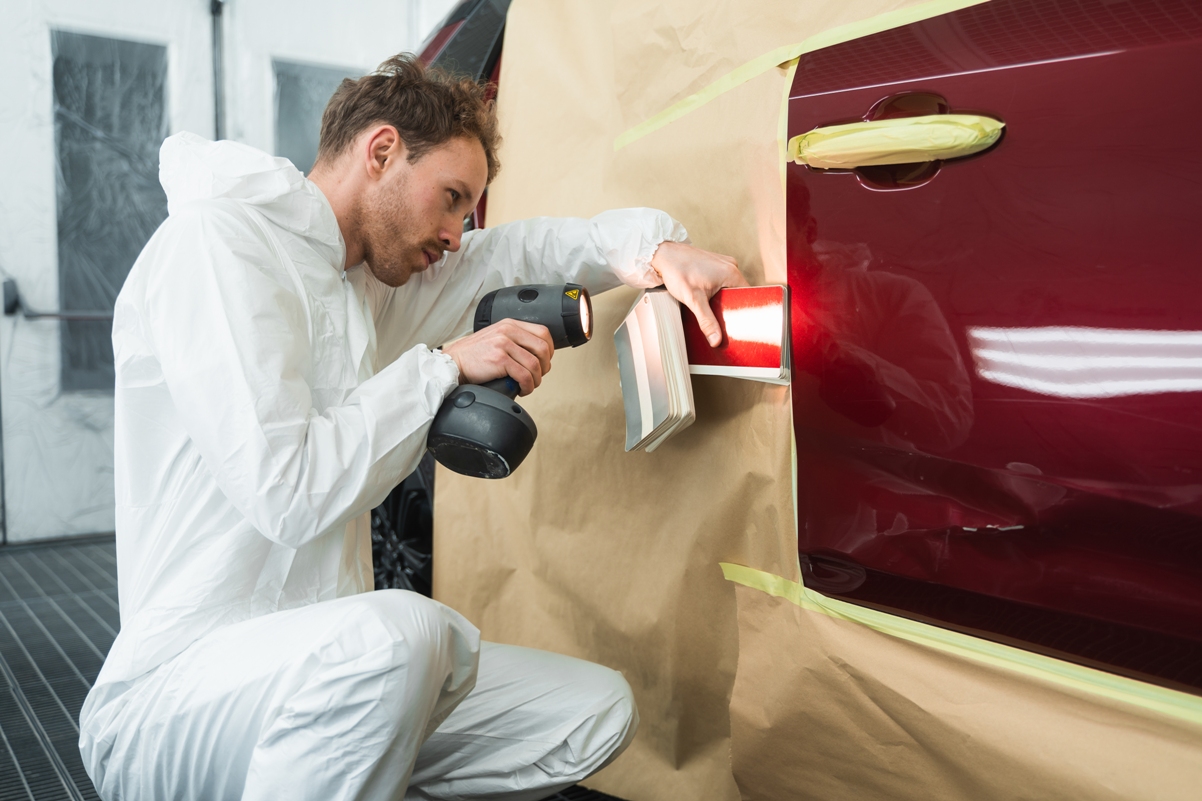Marketing researches conducted in many different countries, all reveal that the vehicle’s appearance comprises at least 30% from the total value of the car. Car wax and sealant are both products used to protect and enhance the appearance of a car’s paintwork, but they differ in their composition and performance. So, let’s find out the differences of each product, its pros and cons.

Car waxes
Car wax is typically made from natural ingredients such as carnauba wax, beeswax, or plant oils. It is available in various forms like paste, liquid, or spray. Car enthusiasts and professional detailers swear by carnauba’s ability to enhance a vehicle’s appearance and protect its finish. Here are some reasons why carnauba wax is the go-to choice for car care:
- A Deep, Wet-Look Shine
Carnauba wax is renowned for its ability to produce a deep, wet-look shine that seems to make the paint come alive. It enhances the paint’s depth and luster, giving your car an appearance that turns heads.
- UV Protection
This natural wax acts as a shield against the sun’s harmful ultraviolet (UV) rays. By applying carnauba wax regularly, you can help prevent fading, oxidation, and sun damage, keeping your vehicle looking its best.
- Water Repellency
Carnauba wax is hydrophobic, meaning it repels water. Rainwater and other environmental contaminants bead up and roll off the waxed surface, reducing the chances of water spots and damage from waterborne pollutants.
- Scratch Resistance
Carnauba wax can offer a degree of resistance against minor scratches and abrasions, but in general waxes do not protect from scratches.
- Ease of Application
Carnauba wax is relatively easy to apply compared to some synthetic alternatives. It spreads evenly and buffs to a high shine without excessive effort, making it accessible to both DIY enthusiasts and professionals.

Car Sealants
Sealants or a more durable and longer-lasting protection compared to wax. They form a synthetic shield that bonds with the paint surface,providing resistance against UV rays, acid rain, bird droppings, and other environments contaminants. Contemporary car sealants are state of the art chemical products based on nano technology, and, recently, from ceramic coatings.
- Shine
After sealants application a surface gloss levels increase to the highest levels. While sealants do not offer the warm glow of the carnauba wax, the amount of gloss is really incredible too.
- UV protection
Usually paint sealants offer superior UV protection than natural waxes, primarily due to their durability.
- Water repellency
Polymer sealants are extremely hydrophobic and provide excellent water beading properties.
- Scratch Resistance
Sealants make the surface slicker, and therefore it offers slight protection from minor mechanical scratches.
- Ease of Application
Polymer sealants in general are easy to apply, however one must follow strictly the instructions of the manufacturer. Certain types of sealants are difficult to clean if left for too long.

Conclusion
Both types of protection are efficient for the vehicles’ protection, and they are widely used by both professional detailers and car enthusiasts. The main difference is in durability, where synthetic sealants are superior. On the other hand, organic waxes offer wet look deep and warm gloss, which is second to none. It is relevant to note that sealants and waxes can be used together, but strictly with sealant to come first and wax to be applied on top, not the vice versa.




